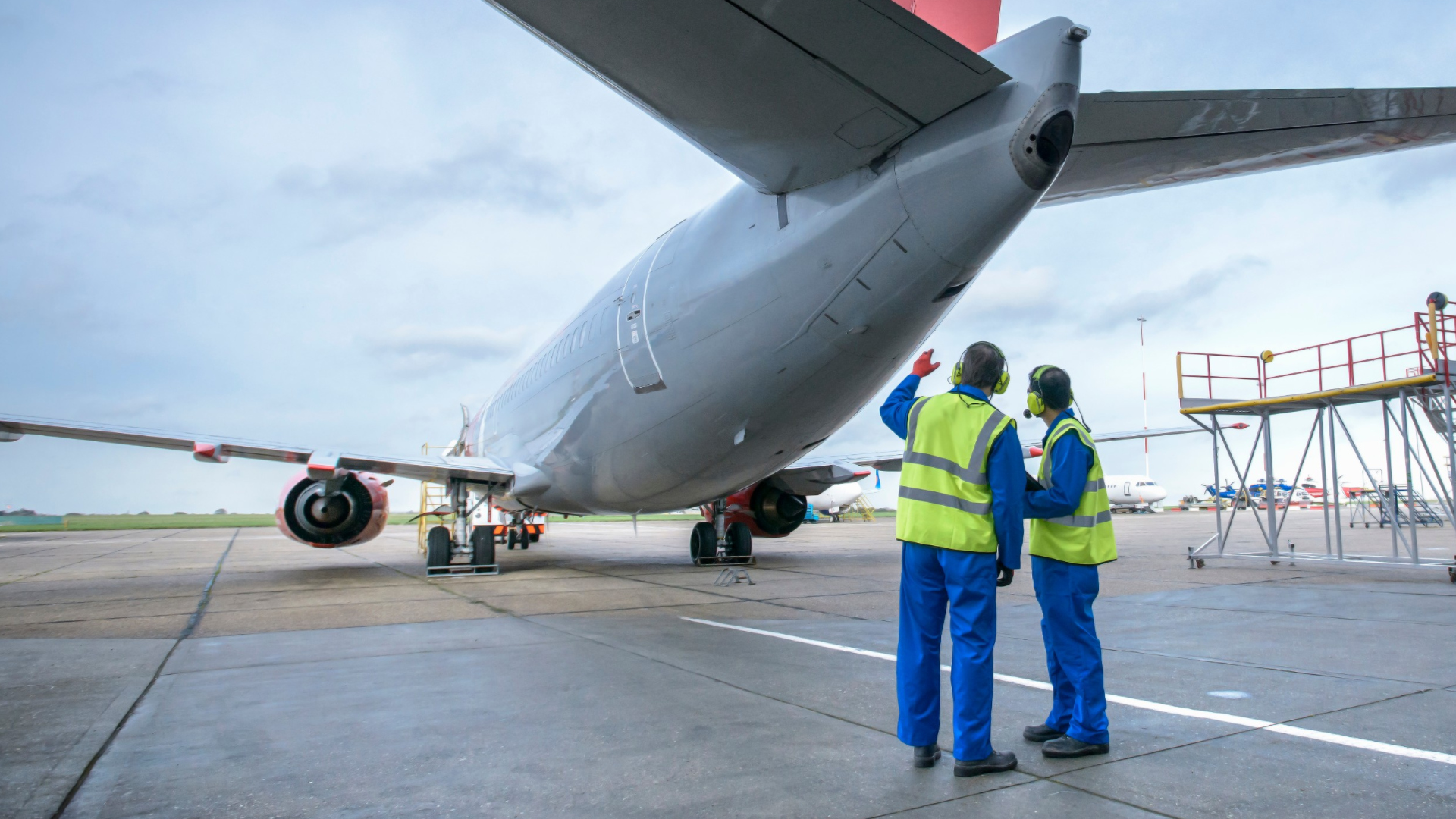Aviation Inspectors
Aircraft Inspector, Aviation Safety Inspector (ASI), Inspector, Quality Inspector
What they do:
Inspect aircraft, maintenance procedures, air navigational aids, air traffic controls, and communications equipment to ensure conformance with Federal safety regulations.
On the job, you would:
- Inspect work of aircraft mechanics performing maintenance, modification, or repair and overhaul of aircraft and aircraft mechanical systems to ensure adherence to standards and procedures.
- Examine maintenance records and flight logs to determine if service and maintenance checks and overhauls were performed at prescribed intervals.
- Inspect new, repaired, or modified aircraft to identify damage or defects and to assess airworthiness and conformance to standards, using checklists, hand tools, and test instruments.
Knowledge
Arts and Humanities
- English language
Engineering and Technology
- mechanical
- product and service development
Safety and Government
- public safety and security
- law and government
Business
- customer service
Skills
Basic Skills
- thinking about the pros and cons of different ways to solve a problem
- listening to others, not interrupting, and asking good questions
Problem Solving
- noticing a problem and figuring out the best way to solve it
People and Technology Systems
- thinking about the pros and cons of different options and picking the best one
- figuring out how a system should work and how changes in the future will affect it
Abilities
Verbal
- listen and understand what people say
- communicate by speaking
Ideas and Logic
- make general rules or come up with answers from lots of detailed information
- notice when problems happen
Attention
- pay attention to something without being distracted
- do two or more things at the same time
Hearing and Speech
- speak clearly
Personality
People interested in this work like activities that include data, detail, and regular routines.
They do well at jobs that need:
- Integrity
- Dependability
- Attention to Detail
- Self Control
- Stress Tolerance
- Achievement/Effort
Technology
You might use software like this on the job:
Data base user interface and query software
- Aircraft regulation databases
- Microsoft Access
Presentation software
- Microsoft PowerPoint
Spreadsheet software
- Microsoft Excel
Education
Education: (rated 3 of 5)
associate's degree or
high school diploma/GED
usually needed
high school diploma/GED
usually needed
Job Outlook
Average
New job opportunities are likely in the future.
Explore More
- Aerospace Engineering & Operations Technologists & Technicians
- Avionics Technicians
- Construction & Building Inspectors
- Transportation Inspectors
- Transportation Vehicle, Equipment & Systems Inspectors
You might like a career in one of these industries:
See more details at O*NET OnLine about aviation inspectors.





